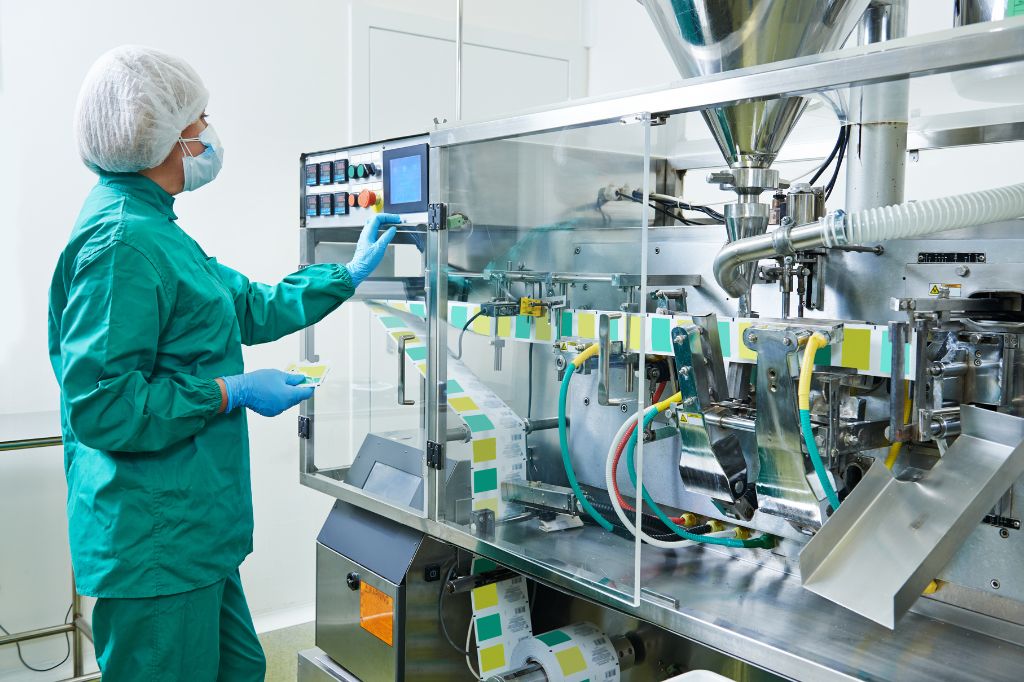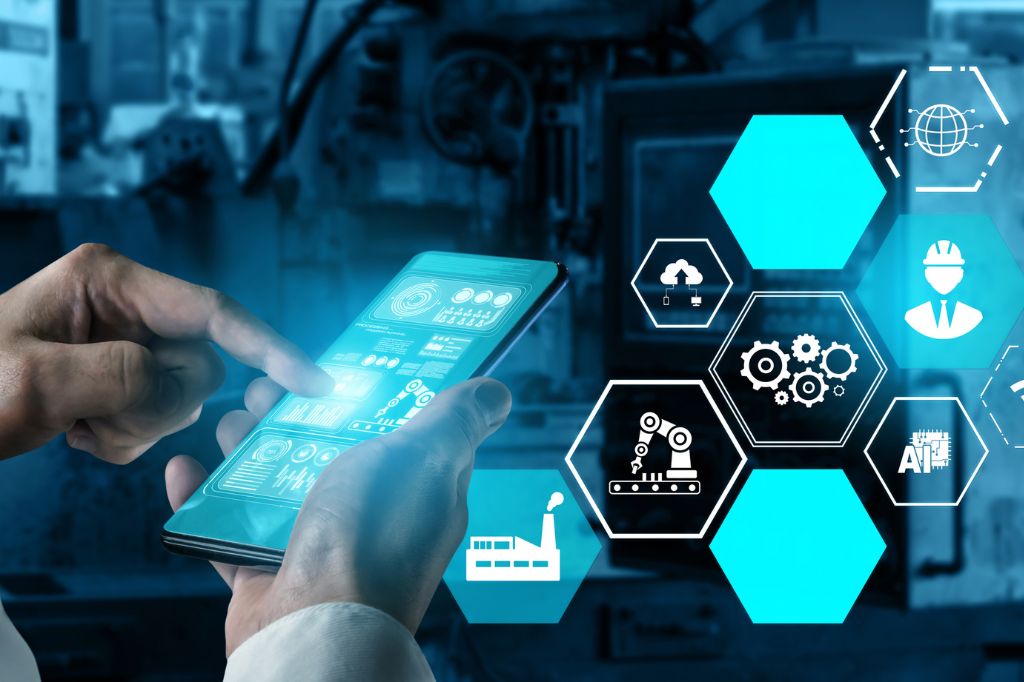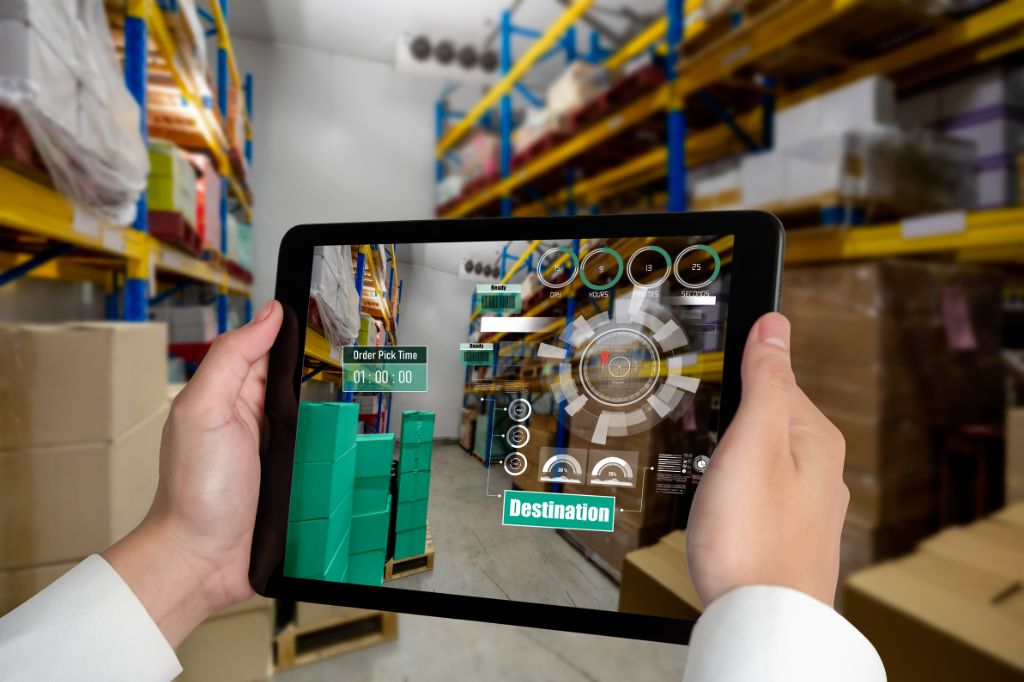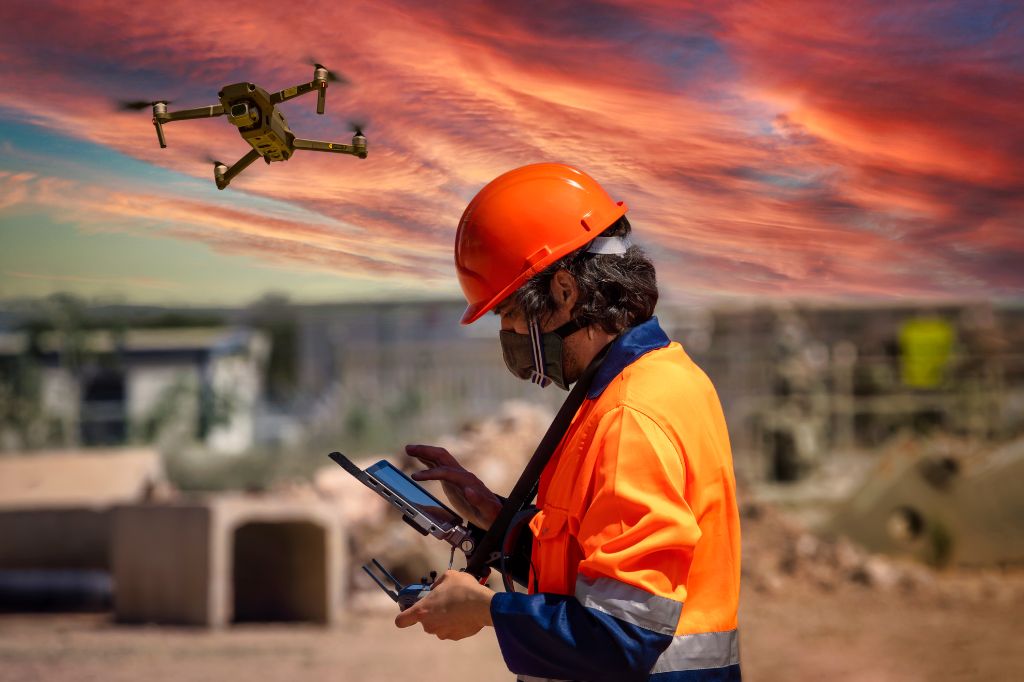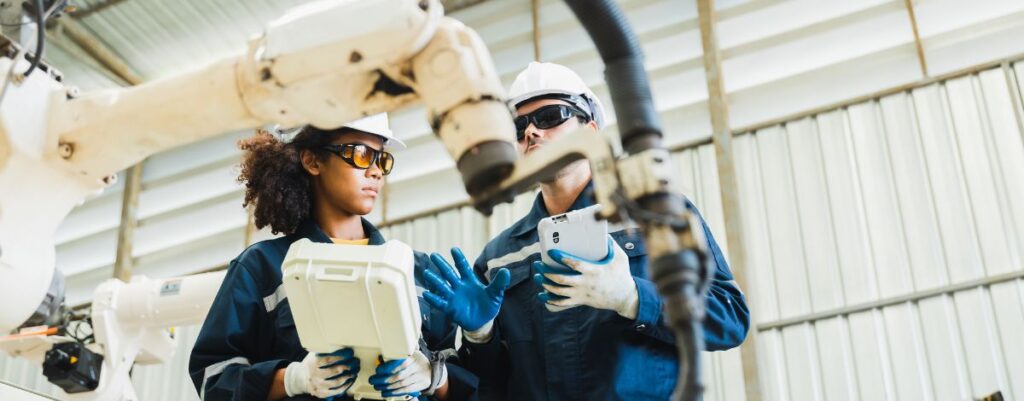
What is the future that awaits for the industrial robotics?
Reading time: < 4 minutesAt the moment, industrial robotics make part of many industrials processes and will continue to be incorporated to many others.
The utilization of the robotics at industrial level pursue the automation and the improvement of the efficiency of any industrial processes. This way, the technology and the industrial robotics have changed and they are changing the productive system of many industries. The application of new technologies have supposed an authentic revolution of some productive processes. Think as an example in the use of the robotics in the logistics centers, where the robotization and the automation of the warehouses have achieved a significant increase in efficiency.
For many years now, the industrial robotics have made part of many industrial processes. The continuous advances, both technical and technological, have allowed to greatly expand the type of industries to which they can apply. The new challenges are related with the large number of processes that could still be performed and controlled by robots.
Where is the industrial robotics headed?
- New jobs associated with the design and programming of robots.
The robotics will suppose, like in fact supposes, the replacement of the labor for the robots. Being this true, the robotization will also suppose the creation of new jobs in relation with the industrial robots. We must be conscious that inside of industrial robotics we will find a great diversity of robots, more and more specific or specialized for a certain process. The design of these specialized robots in each task and the development of systems for its management and control, suppose an important field of work for the industrials, informatics and mechanical engineers specialized in robotics.
- Learning of the robots: machine learning and artificial intelligence
Both at a technical level, robots and industrial machinery, as well as in management and control systems, robotics has reached very high levels in technologies. Will be in the field of programming and machine learning systems where the greatest advances will be produced.
Using robots repetitive processes can be realized (chain production systems); heavy and dangerous processes or replace the human workforce (robots for the handling of dangerous substances); but the robots are also daily used in the industry in operations which request of a great fine and precision, impossible to reach them manually; as well as for the increase of efficiency in many industrial processes (robotic systems in logistic centers and warehouses, etc.).
Some industrial processes that present greater complexity or variability, can be difficult to be controlled by robots, since they require a continuous evaluation of the situation and decision making in each circumstance. Is in these processes where continuous monitoring of the process and the use of the artificial intelligence (robots automatic learning ability) is required for decisions making. In addition to the learning of each robot, also are important the advances in connectivity for the development of work in safely collaboration between robots and between robots and humans.
Technically, robots and industrial robotics processes have reached very high levels in technologies and efficiency. The future, and present, in the industrial robotics is associated to three main aspects:
- Control, learning and decisions making of the procedures to follow by the robots themselves.
- Specialization of robots in the different productive processes.
- Connectivity and collaborative work between robots and between robots and humans.
